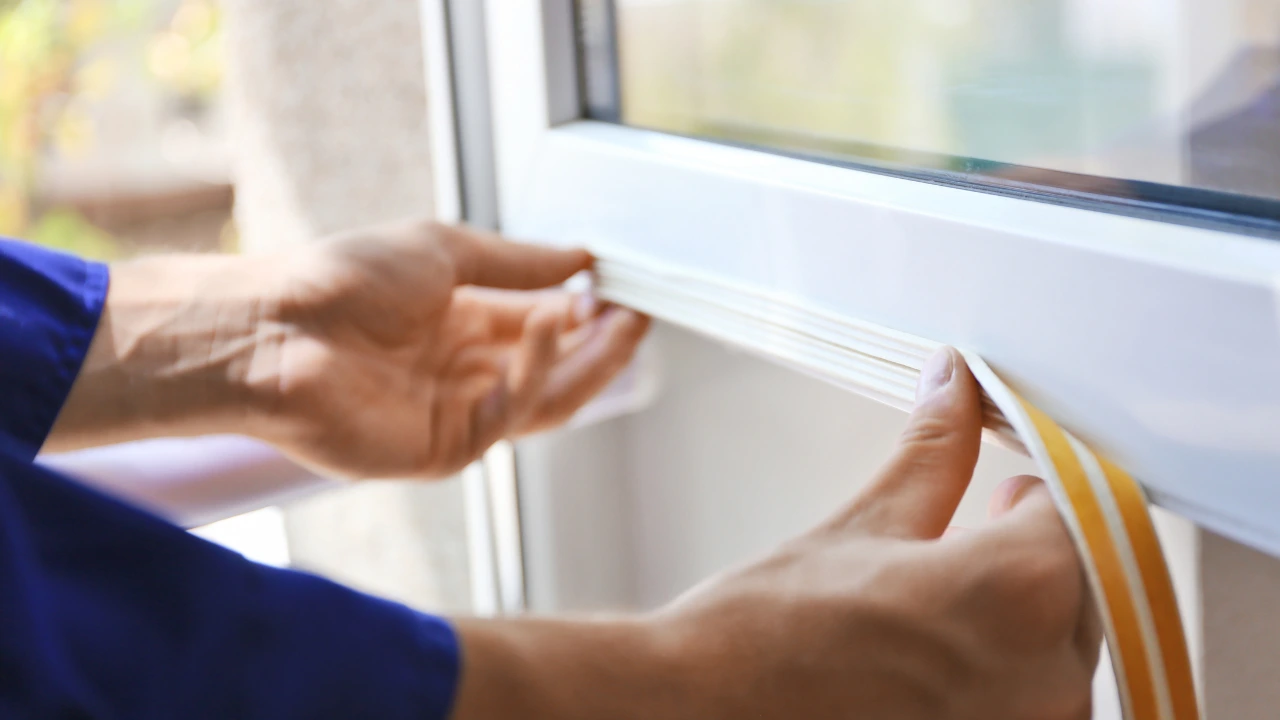
Start Fresh: How Simple Changes Can Make Your Home Pest-Proof
Last updated on February 15th, 2025 at 10:37 am
The start of a new year often inspires us to create resolutions and embrace fresh beginnings—make your home pest-proof this year! But while you’re setting personal goals, have you thought about extending that fresh start to your home and learning how to pest-proof it? Pests thrive in environments that are cluttered, damp, or poorly maintained—making your home an easy target if you’re not careful. Fortunately, you can take simple, practical steps to ensure that pests won’t feel welcome in your space this year.
This guide will walk you through actionable tips to keep your home pest-free, giving you peace of mind while protecting your family’s health and safety.
Understanding Pest Attraction
Pests are drawn to homes for a variety of reasons, including the availability of food, water, shelter, and warmth. Recognizing what attracts pests to your home is crucial in preventing infestations. Here are some common attractants:
- Food: Crumbs, spills, and unsealed food containers can attract pests like ants, cockroaches, and rodents. Ensure that all food is stored in airtight containers and clean up spills immediately.
- Water: Leaks, condensation, and standing water can attract pests like mosquitoes, termites, and rodents. Fix any leaks promptly and use dehumidifiers in damp areas.
- Shelter: Clutter, debris, and vegetation can provide shelter for pests like rodents, snakes, and insects. Keep your home and yard tidy to eliminate hiding spots.
- Warmth: Pests like rodents, bats, and insects are attracted to warm and cozy spaces, especially during colder months. Ensure that your home is well-sealed to prevent pests from seeking warmth inside.
By identifying and eliminating these attractants, you can reduce the likelihood of pest infestations and make your home less appealing to unwanted pests.
Steps to Pest-Proof Your Home
1. Declutter to Deter Pests
Clutter is more than just an eyesore—it’s an open invitation for pests like rodents, cockroaches, and spiders to take shelter. They love dark, undisturbed spaces where they can hide, nest, and breed without interference. Decluttering is a key step in making your home bug proof.
- What You Can Do:
- Declutter room by room, starting with storage areas like basements, attics, or garages.
- Donate usable items such as clothing, books, and toys to free up space while helping others.
- Use clear plastic bins with tight-fitting lids for storage to reduce pest access and allow for easy visual checks.
Bonus Benefit:
Decluttering not only reduces pest habitats but also fosters a calmer, more organized living environment, making daily life easier and less stressful.Pro Tip:
Schedule regular decluttering sessions, such as every quarter, to maintain a pest-unfriendly and organized home.
2. Seal Entry Points (The Barrier Between Your Home and Pests)
Even the smallest cracks or gaps can act as doorways for pests to enter your home. Sealing large openings in crawl spaces is crucial to prevent pest infestations. Common entry points include gaps around windows and doors, holes for utility pipes, and vents.
- What You Can Do:
- Inspect areas where pipes or wires enter your home, as well as door and window frames.
- Use silicone caulk for smaller gaps, expanding foam for larger openings, and steel wool for rodent-prone areas.
- Pay special attention to areas near the foundation, roof, and attic, where pests often gain entry unnoticed.
Bonus Benefit:
Sealing entry points not only keeps pests out but also improves your home’s insulation, reducing energy bills.Pro Tip:
Install door sweeps under exterior doors and check garage doors for gaps at the bottom. For added protection, consider a pest-proof threshold.
3. Yard Maintenance and Pest Control
Your yard serves as the first line of defense against pests entering your home. A poorly maintained yard can attract rodents, mosquitoes, and termites, creating problems inside and outside your home.
What You Can Do:
- Regularly mow your lawn and trim bushes or shrubs to minimize hiding spots for pests.
- Remove standing water, as it attracts mosquitoes and other pests.
- Create a pest-repellent perimeter by planting herbs like mint, rosemary, and lemongrass.
- Avoid using thick mulch near your home’s foundation, which can harbor termites.
Bonus Benefit:
A well-kept yard not only prevents pest infestations but also boosts curb appeal, increasing your home’s value.
Pro Tip:
Install motion-sensor lights in your yard to deter nocturnal pests and predators like raccoons or opossums.
By maintaining a clean and well-manicured yard, you can reduce the likelihood of pest infestations and create a pest-free environment.
4. Make Cleanliness a Habit
Your kitchen is a haven for pests like ants, cockroaches, and rodents because of the availability of food and water. Keeping this area clean is essential for pest prevention.
- What You Can Do:
- Clean up spills immediately to eliminate moisture and food sources.
- Store pantry items like rice, sugar, and cereals in airtight glass or plastic containers.
- Take out the trash daily, ensuring bins have tightly fitting lids.
- Wash dishes promptly instead of leaving them in the sink overnight.
Bonus Benefit:
A consistently clean kitchen not only deters pests but also improves food safety and reduces the risk of contamination.Pro Tip:
Use natural repellents like bay leaves or cloves in cabinets and pantries to keep pests like cockroaches and weevils at bay.
5. Manage Moisture Levels to Keep Pests Away
Pests like termites, mosquitoes, and silverfish thrive in damp environments. Even small leaks or areas of standing water can quickly become breeding grounds for these unwanted guests.
- What You Can Do:
- Fix leaks in faucets, pipes, and roofs as soon as possible.
- Use a dehumidifier in damp areas, such as basements or laundry rooms.
- Clean out gutters regularly to prevent water from pooling and creating breeding sites.
- Ensure proper ventilation in high-moisture areas like bathrooms and kitchens.
Bonus Benefit:
Reducing moisture in your home prevents mold growth, improves indoor air quality, and creates an overall healthier living environment.Pro Tip:
Place humidity sensors in basements and attics to monitor moisture levels. A reading below 50% is ideal for preventing pests.
6. Commit to Regular Maintenance and Inspections
Even with the best DIY efforts, some pest problems can remain hidden in walls, attics, or crawlspaces. Scheduling regular pest inspections ensures that no infestations go unnoticed.
- What You Can Do:
- Schedule professional pest inspections twice a year for comprehensive checks.
- Perform routine maintenance, such as trimming vegetation, repairing cracks, and cleaning drains.
- Educate yourself on early signs of infestations, such as droppings, gnaw marks, or unusual smells.
Bonus Benefit:
Early detection and prevention save you time, money, and the stress of dealing with a major pest problem.Pro Tip:
Keep a maintenance journal to track repairs, inspections, and pest sightings. Share this information with your pest control provider for better results.
7. Consider Eco-Friendly Pest Control Alternatives
Reducing chemical usage in your home not only protects the environment but also creates a safer space for your family and pets. Natural predators play a crucial role in managing insect populations, maintaining an ecological balance that benefits various species.
-
What You Can Do:
- Use essential oils like peppermint, tea tree, or citronella as natural repellents.
- Introduce pest-repelling plants such as marigolds, basil, and lavender into your garden.
- Opt for humane traps or bait for small rodents and insects.
Bonus Benefit:
Eco-friendly methods are not only safer but also promote long-term environmental sustainability, protecting both your home and the planet.Pro Tip:
Partner with a pest control provider offering eco-friendly treatments to ensure effective pest management without harsh chemicals.
When to Call a Professional Pest Control Company
While DIY pest control methods can be effective at times, there are times when it’s necessary to call a professional pest control company. Here are some scenarios when you should consider hiring a professional:
-
Severe Infestations: If you have a severe pest infestation that you can’t control with DIY methods, it’s time to call in the experts.
-
Unidentified Pests: If you’re not sure what type of pest you’re dealing with or how to eliminate it, a professional can provide accurate identification and effective treatment.
-
Large Properties: If you have a large home or property that requires extensive pest control measures, professional help can ensure thorough coverage.
-
Lack of Time or Comfort: If you’re not comfortable with DIY pest control methods or don’t have the time to implement them, a professional can provide efficient and effective solutions.
A professional pest control company can offer long-lasting solutions to pest infestations and provide guidance on how to prevent future issues.
Conclusion
Keeping your home pest-free doesn’t have to be overwhelming. By adopting these simple yet effective habits, you can create a safe, comfortable, and pest-proof space for you and your loved ones. Declutter, seal gaps, maintain cleanliness, manage moisture, schedule inspections, and explore eco-friendly solutions to stay ahead of infestations.
This year, let a fresh start extend to your home—because a pest-free home is a happy home. Book our Pest Control Services today!
